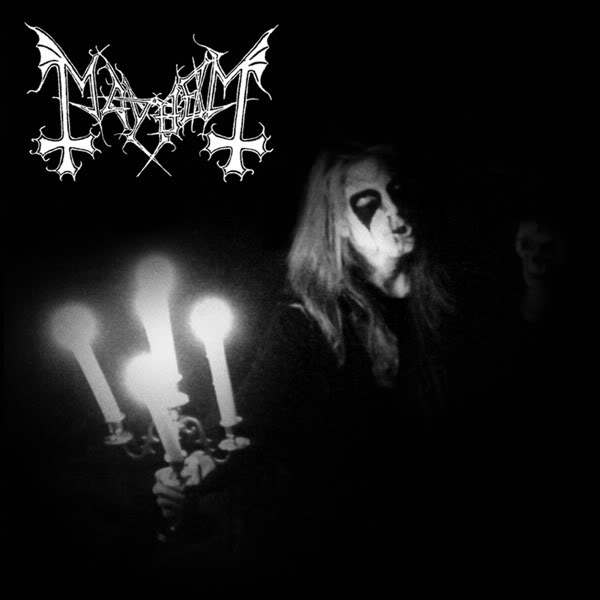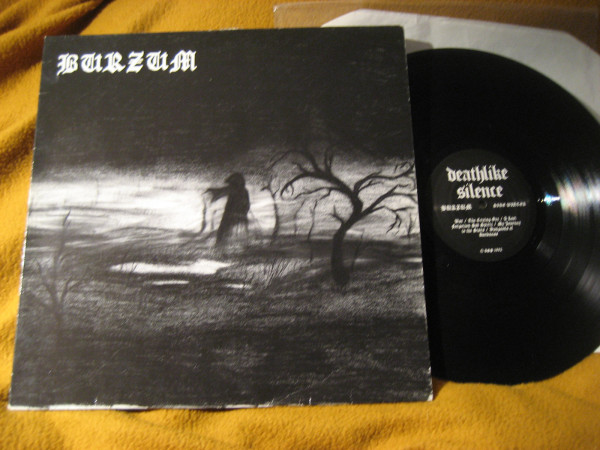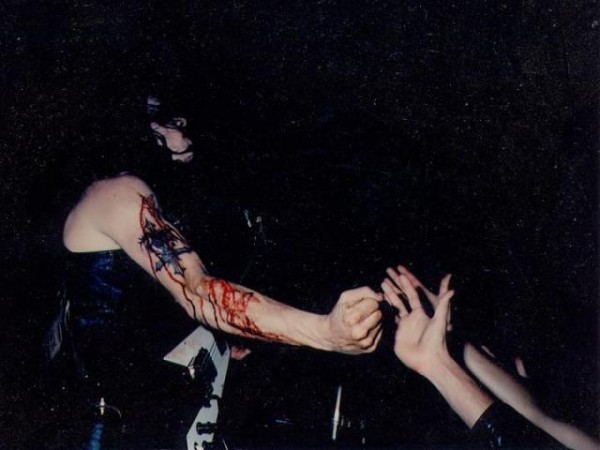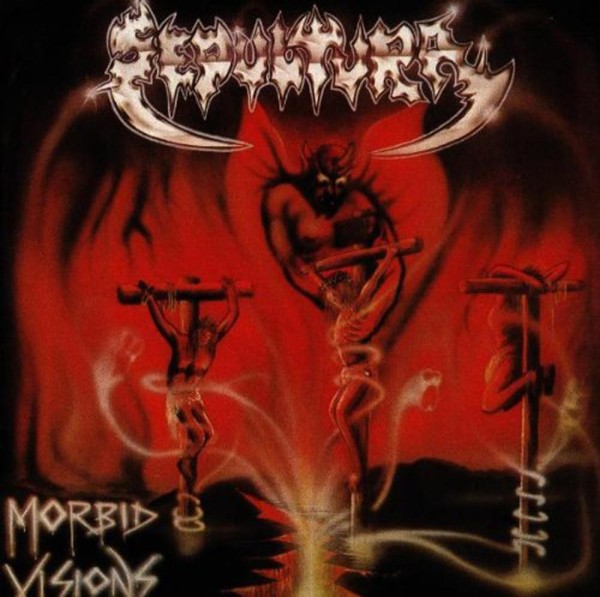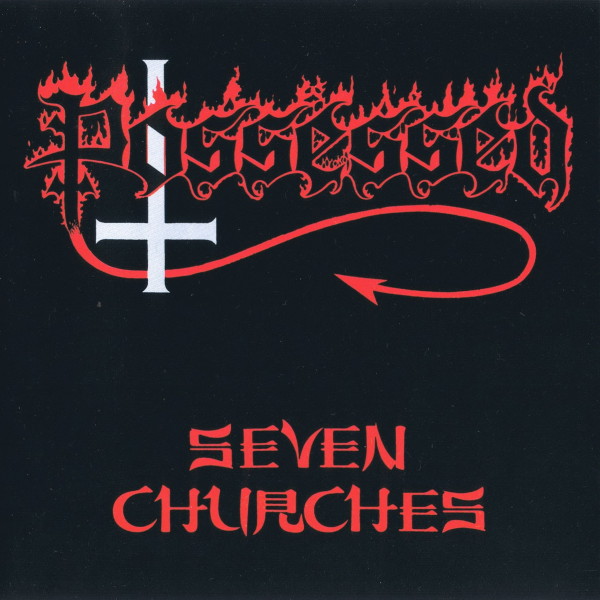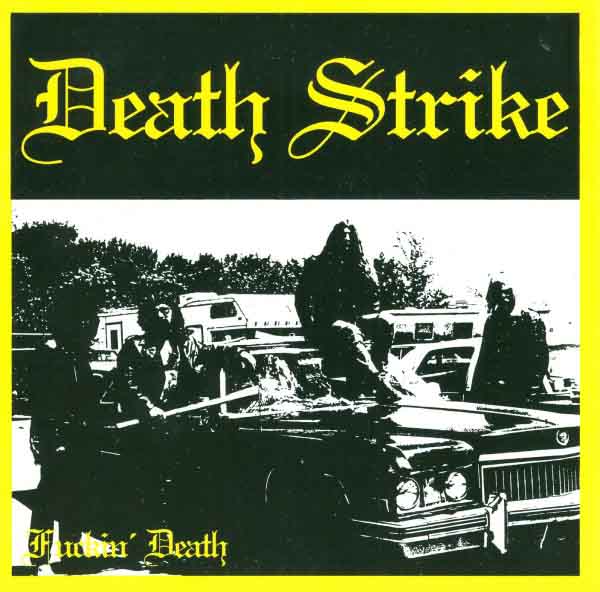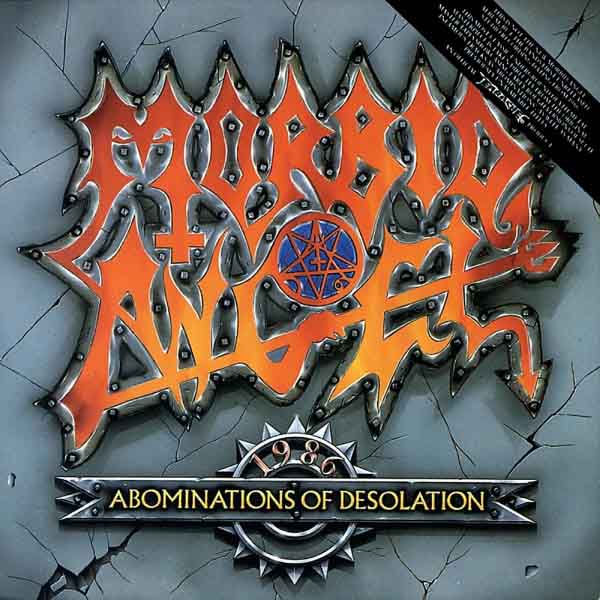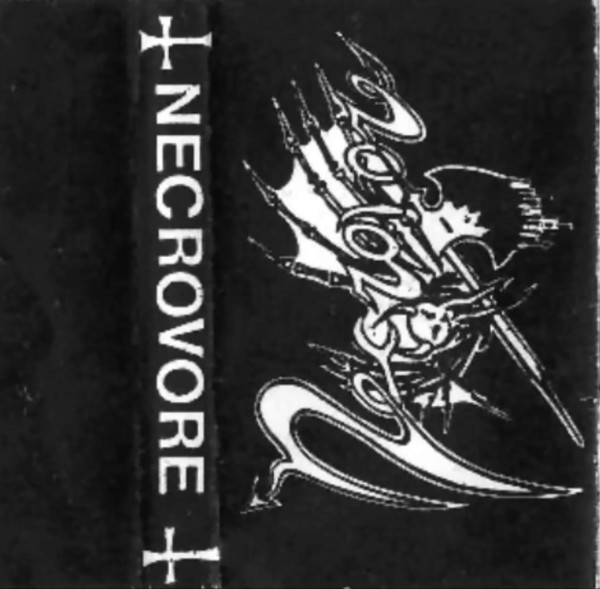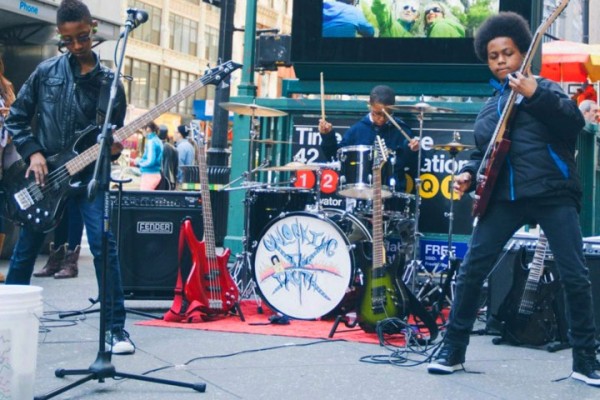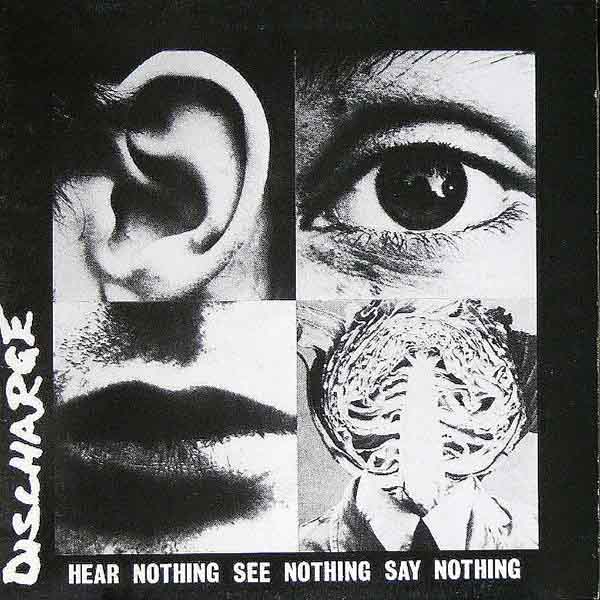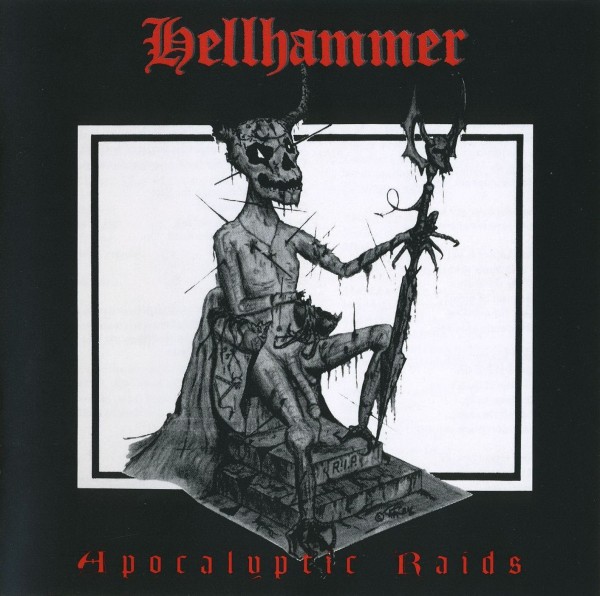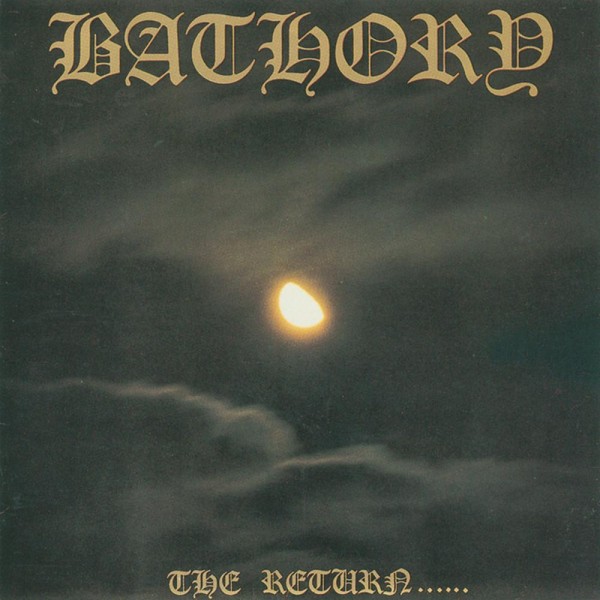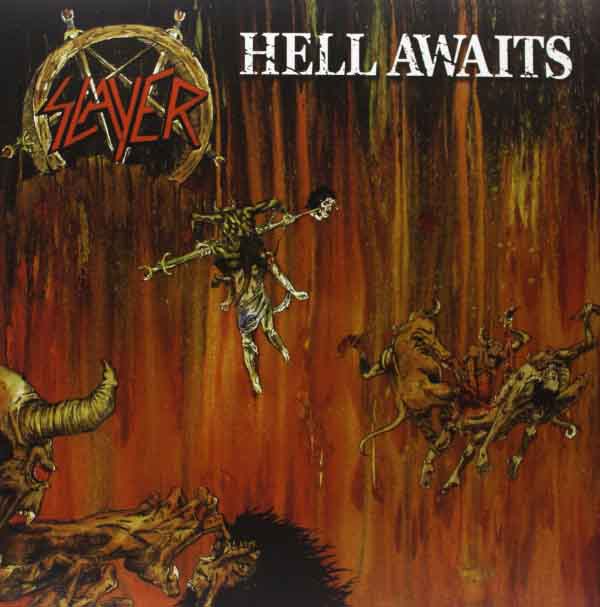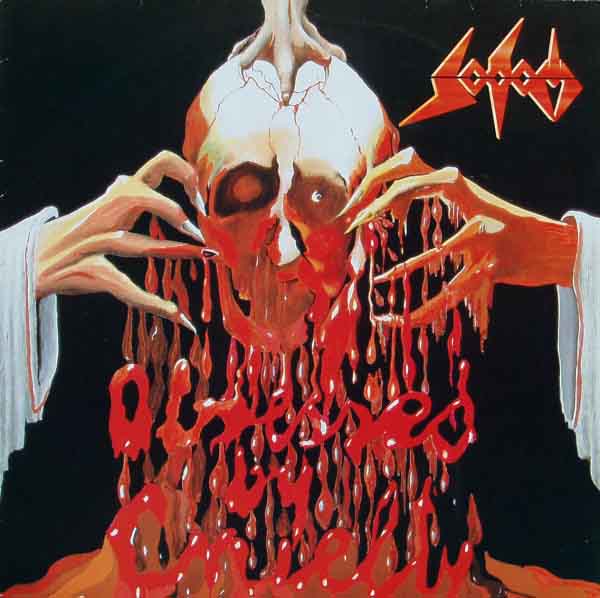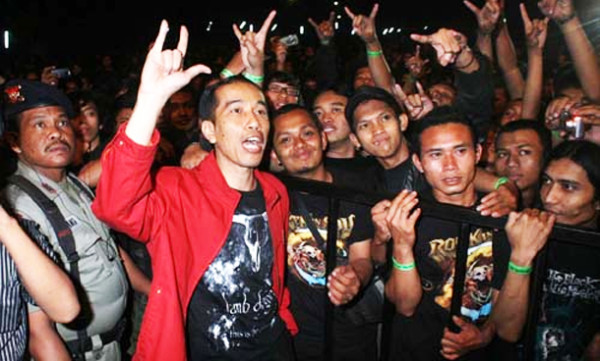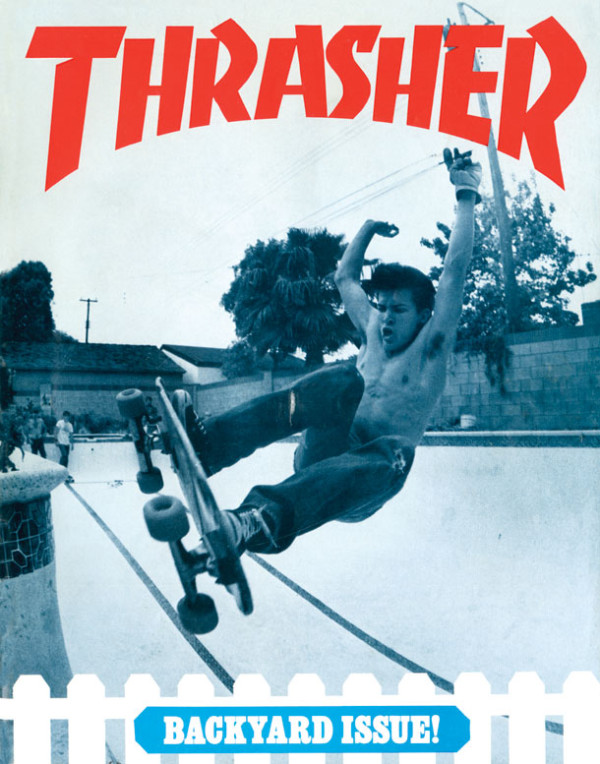
Image from Thrasher Magazine.
Thrasher music deserves its own category. It spans three genres and gave its name to one. It also plays by entirely distinct rules that place it in both metal and punk camps, but not exclusively in either. Despite the attempts of both genres to claim it, it has weaseled free by refusing to fully adopt the conventions of either. It’s too punk for punk and too metal to be metal, but it lives on to this day through those who want a different path.
Hop on your board and skate back into 1985. Heart of the Reagan years, themselves a recovery period from the turbulent 1960s and somewhat crass and vapid 1970s. The suburbs had finally outpaced the city as everyone who could escape fled, which left millions of teenagers stranded in planned communities that were essentially marooned on anonymous patches of land connected by freeways. Divorce and latch-key kids were at epidemic height and most people barely had anything to call a family. To make things worse, Soviet missiles threatened the homeland and spread a kind of daily paranoia that people both accepted and in their quietest moments, feared to confront. No one knew if tomorrow would even come and if it did, whether it would be worth it.
Kids did what just about anyone would do: get out of the house, escape the conformist collective-consciousness zombie robot schools, avoid the television, and produce culture. Skateboards started as a fad but became a lifestyle because they provided a means of getting around, an activity, and most importantly, a type of place the activity could occur. Even more vitally they gave kids an identity and purpose outside of mainstream culture which as far as anyone could tell was a vapid disaster. Cyndi Lauper? Madonna? Bruce Springsteen? Music connected this culture but it evolved to fit it instead of the other way around. Thrasher music took its attributes from the thrasher lifestyle.
The one sin in thrasher culture was to fall into mainstream thinking. It defined itself in opposition to that entire vein of thought. Thrashers made the assumption that if someone with a position in society validated an idea, the idea was manipulation. This paranoia arose from disciplinarian schools, crafty public image creation by parents during divorces, and distrust of the kind of promises that advertised the suburbs. “Come to Shady Acres,” the sign would say, and you would find a house that was on nothing as big as an acre with no shade because all the trees had been planted during the last week when construction finished. And then your parents who spent too much time at their jobs would make all sorts of great promises about how school would be great, other kids would be great, and then those parents would disappear into jobs, divorces, swingers’ clubs, you name it, and you would be left alone. With nothing but your skateboard. Jump on and roll away… and never trust anything like those promises again.
Thrasher culture shaped the lyrics of its music. They show most of all a critique of a society that does not function. Imagine a broken microwave: you turn it on, and it flickers and makes noise but doesn’t really heat your food, or burns it to a crisp within ten seconds, or roasts the center and leaves the outside cold. This was the impression thrasher kids had of the society around them. It was on, but it was not working in the sense designed. Even worse, parents were oblivious and drugged on religion and money and social prestige and refused to notice at all when society didn’t work. Kids had to re-invent politics, society and philosophy from the ground up, and it had to fit between turns on the half-pipe.
While arguably the first music adopted by thrashers was punk, including a latent influence from the surf rock that may have inspired punk, and bands like Iron Maiden were perpetual favorites, the fusion of the three burst forth in the early 1980s as a genre called thrash. Avoiding dramatic titles like “5 thrash bands you must hear before you die,” where “die” could be defined as feeling that your job is more important than your soul, here are five thrash bands you must experience simply because they are amazing:
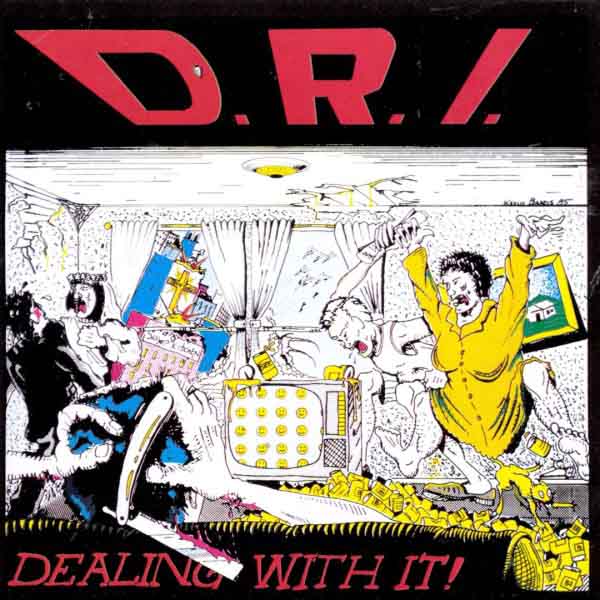
1. Dirty Rotten Imbeciles (DRI) – Dealing With It
This album despite being the second release by DRI defined the archetypal thrash sound. Short songs used punk tempi and metal riffs, fit their song structures around the words to the song, worked in some oi/surf rock lead guitars, but mostly focused on raging bursts of concise energy. DRI packed a bookshelf worth of ideas into a single album which meant that if you were a kid with a skateboard and ten bucks a week to your name, this was the album you saved up for. In addition, DRI expanded the lyrical oeuvre of thrash to include not just “socially conscious” lyrics but lyrics critical of society itself, including the process of socializing with other people. These lyrics struck out for the lone Nietzschean person isolated from the herd by the complete vapidity and deceitfulness of mainstream tastes. In addition, DRI rebelled — using metal bands such as Iron Maiden as its guide — against the punk tendency to destroy melody. Both vocals and guitars carry an actual tune which combined with the unique rhythms and song structures makes each song stand out but also, makes the whole album work together. Some songs had nothing more to offer than 18 seconds of fury, others stitch a mood, and the whole of Dealing With It thus becomes a map of the emotions of a skater trying to survive the 1980s while observing that society was in a state of advanced collapse and headed for the end.
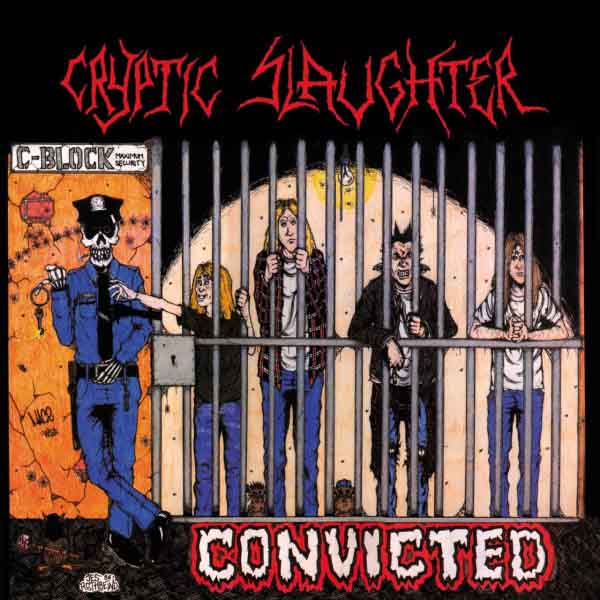
2. Cryptic Slaughter – Convicted
Convicted got less attention than it should have because of its rough production and refusal to stick to any one template. Riffs on this album range from raw punk to death metal, which is sort of difficult because that genre was barely in formation itself in 1985 when this was released. Songs follow more of a punk template and vary structure less often which makes this band shy over toward punk, but use of vocal rhythms and inventive riffing distinguishes each. Many of the concepts of the next decade of death metal came from this album as well as most of grindcore. The ragged intensity of its vocal and guitar assault made Cryptic Slaughter the fastest band on the planet, and while it leaned toward punk, its ability to make metal-style riffs that thundered with finality pushed it into the thrash genre.
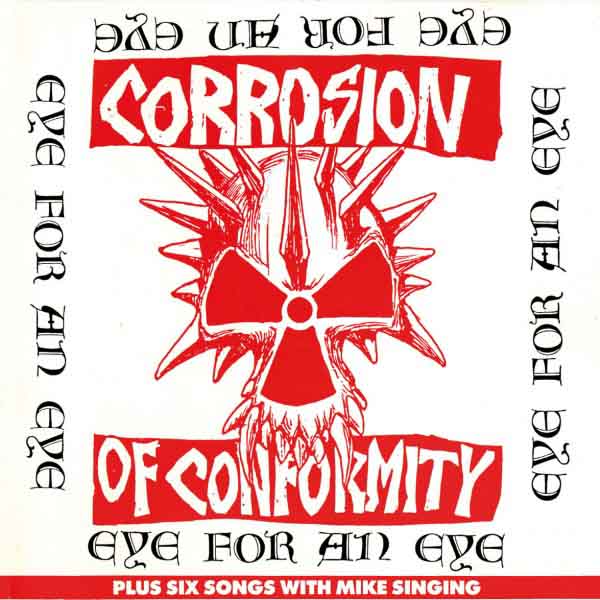
3. Corrosion of Conformity (COC) – Eye for an Eye + Six Songs With Mike Singing
Arguably the most popular band in thrash, Corrosion of Conformity combined Black Sabbath and hardcore punk and came up with short attacks of creative songwriting that used traditional pieces from both heavy metal and hardcore punk genres. Every thrasher back in the day owned the tshirt with the COC alien skull on it and combined with DRI, this band essentially defined the genre. Songs are tiny atmosphere pieces that use punk energy and abrupt delivery to sneak in metal riffs and bounding punk choruses. Unlike punks however COC strayed into the minor key and chromatic world of metal where energy is crushed and turned into dark opposition instead of keeping the last aspects of rock ‘n’ roll’s happy-go-lucky “good times” sound. Inside of the anthemic punk with metal riffing on this album lurks a deep inner despair for society and self that made Eye for an Eye the more melancholic and existential side of thrash.
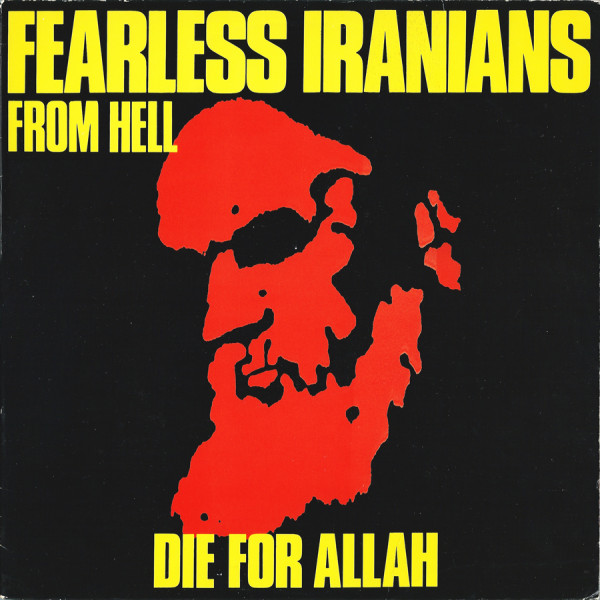
4. Fearless Iranians From Hell – Die For Allah
Not as many people heard of this band because in the 1980s, when Beirut embassies exploded and the Iranian hostage situation was fresh in many minds, adopting even a satyrical pro-Iranian position struck most people as going too far, like endorsing Hitler or Stalin. Combining this potent imagery with marijuana humor and cynicism about the American war and money machine, Fearless Iranians From Hell bashed out fast punkish songs with metallic riffing that emphasized a constant turbulent, restless energy. In that way, this band put their finger on the utter abyss fermenting beneath the world of laws, dollars, numbers and hard data. This revealed the conflict between a culture of goody two-shoes and the underlying desire to put things right according to some absolute law not based in what suburban parents used to allay their fears. The humorous aspect of this band caused many to neglect the fusion of late hardcore and indie metal that powered this band.
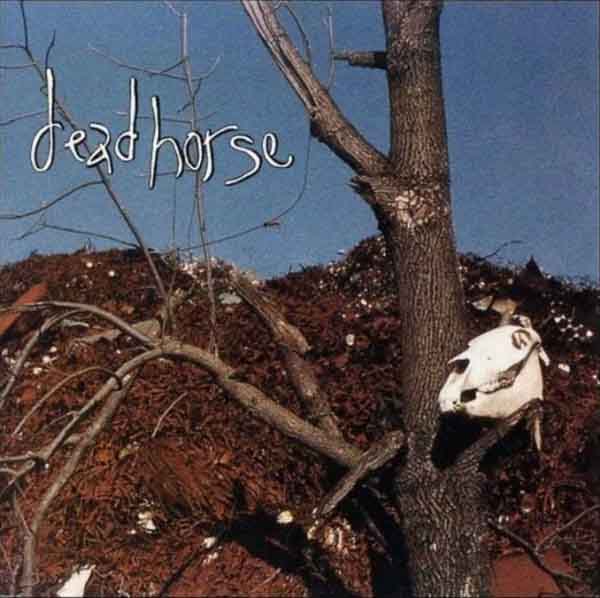
5. Dead Horse – Horsecore
Another band that at first got little airplay, Dead Horse emerged in the late 1980s and got enmired in the Texas metal scene which tended to reward those who scratched everyone else’s back even if their bands were forgettable. The band finally broke out with their second album Peaceful Death and Pretty Flowers in 1991 which turned more toward a progressive death metal direction alongside other acts of a similar nature like Disharmonic Orchestra and Demilich. The earlier material of this band used the same song structures shaped around the content of each song that DRI did but added more vicious, metal-infused riffs that had the hallmark of soundtrack style epic figurative melodies. Where other bands relied on humor of absurdity, Dead Horse fused its own internal language and riffed off that, pushing together a cynicism toward the adult world with a sense of breakaway culture.
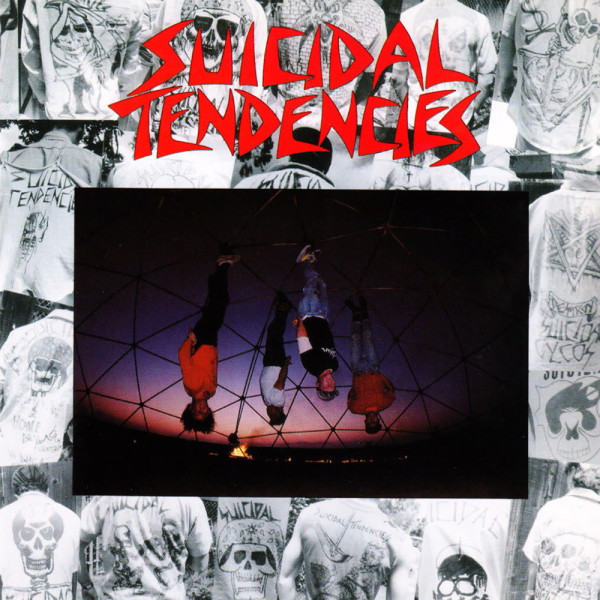
6. Suicidal Tendencies – Suicidal Tendencies
The title says five albums, not six. Yes: official numbers lie. Suicidal Tendencies perfected a style of thrash that invoked more of the guitar traditions of 1970s metal and overlaid its longer songs with extensive lead guitar, including bluesy and melodic sections. It also adopted the habit of using slower sections to build up to the explosion of faster raging riffing, which gave the album space from which sudden attacks became even more powerful. Outright references to skateboarding and life as a suburban teenager colored the lyrics and outlook of this self-titled release which won over many fans for its essentially punk nature with the interesting instrumentalism of metal. That and its self-mocking and self-distrusting humor which saw the world exclusively from the experience of the individual lost within it made this release a cross-over between skaters, punks and metalheads.
Thrash created a generation of music that turned up the intensity of metal and gave punk new room to grow in. This drew extensive influence from later hardcore of the Discharge, Black Flag, Minor Threat, GBH, the Exploited and Cro-Mags variety and in turn influenced the first generation of grindcore such as Repulsion Horrified, Napalm Death Scum, Carcass Reek of Putrefaction and Blood Impulse to Destroy. Thrashers also took heavy influence from melodic punk bands like Misfits and eccentric acts such as the Minutemen, all the way through pop-punk like Descendents and Dayglo Abortions. With the rise of thrash, punk and metal both felt pressure to turn up the intensity, which drove metal into the cryptic realms of death metal and punk into its progressive years.
54 CommentsTags: corrosion of conformity, cryptic slaughter, dead horse, dirty rotten imbeciles, fearless iranians from hell, Grindcore, Hardcore Punk, misfits, oi, suicidal tendencies, surf rock, Thrash
